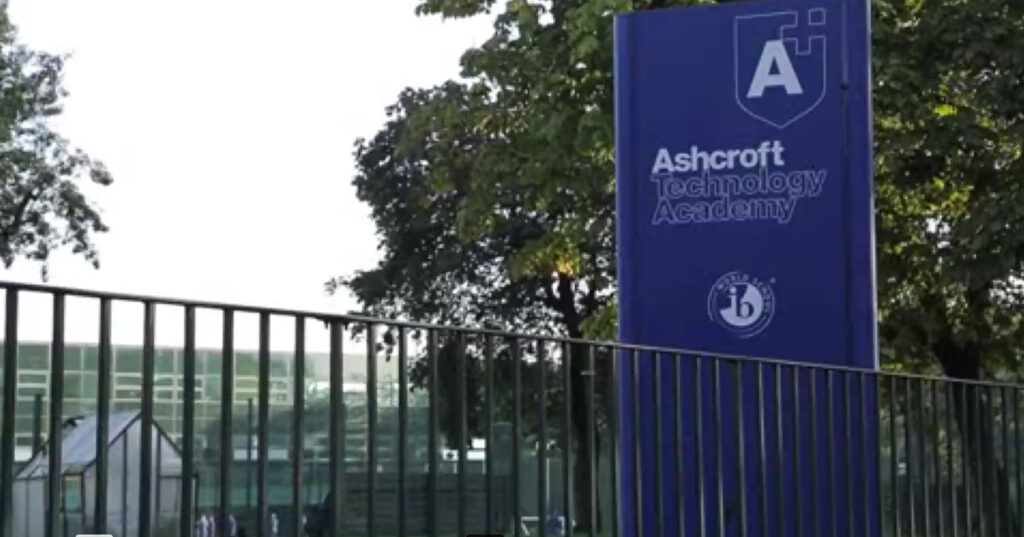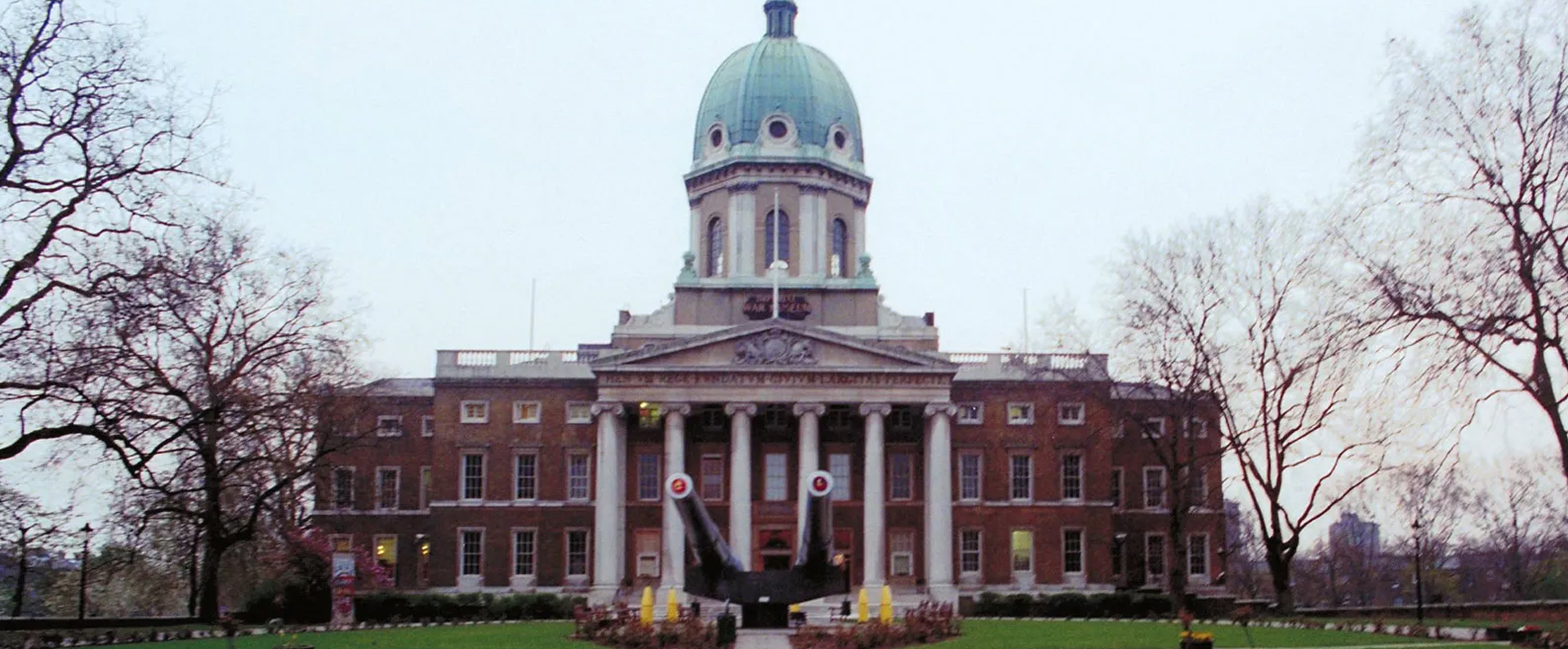
Published in Mail on Sunday on 30 August 2020.
Wearing the same blue and green school tie as them, Boris Johnson addressed a group of children last week and said: ‘Education is the great equaliser. It’s the liberator. It’s the transformer of society. And it’s the single most important way in which we can unite and level up across this whole country, and deliver social justice.’
Quite rightly, ‘levelling up’ has become a mantra with Tory politicians, with his predecessor, Theresa May, talking about tackling ‘burning injustices’ in education. In fact, much has already been achieved.
Take, for example, the Ashcroft Technology Academy (ATA) in Putney, South-West London – an independent state school that receives its funding directly from central government rather than through a local authority.
Twenty one per cent of ATA’s students have special educational needs, 18 per cent are entitled to free school meals because of low parental incomes, 62 per cent do not speak English as their first language and 75 per cent are from Asian or African backgrounds. It also has its own resource centre for children with autism.
Nevertheless, the Academy has an enviable record when it comes to results. In 2018 and 2019, 38 per cent of all grades achieved by students were A* or A, 42 per cent of leavers went on to a Russell Group university and three to Oxbridge. In GCSEs last year, 89 per cent of our students achieved a grade 4 or better in maths and English.
Over the years, I have donated tens of millions of pounds to good causes, particularly to education, with the Putney academy one of my early ventures – one of 15 city technology colleges that opened between 1989 and 1995.
ATA has long been a source of immense pride to me – in the quality of the teaching staff, the diversity of students’ backgrounds and, most recently, in all their achievements during the coronavirus lockdown when the academy kept its doors open during the entire period.
How galling, therefore, to find that the academy has suffered two mightily unfair body blows from the Government.
First, like so many other schools, it has been victim of the utter shambles over A-level results.
To add insult to injury, I then received a letter from the Education and Skills Funding Agency (part of the Department for Education) that was as ill-timed as it was unnecessarily meddling in our academy’s management. It was addressed to me as Chair of the Trustees of the academy and its contents still make my blood boil.
The agency’s chief executive, Eileen Milner, reprimanded us for over-paying our senior staff. Immediately it reminded me of Michael Gove’s famous attack on what he called ‘the Blob’ – the dead hand of the teaching unions, academic ‘educationists’ and civil servants imposing a suffocating socialist ideology in schools.
Most depressingly, this incompetence and petty-mindedness has a direct effect on young people’s lives. If I was to award marks out of ten for performance, my instinct would be to award the ATA’s 180 staff 10/10; and education chiefs 1/10.
Like all head teachers, one of our principal’s main concerns during the lockdown was that the Academy should do its best for students due to take key exams, notably upper sixth formers taking A-levels and the International Baccalaureate (an alternative to A-levels) and others taking GCSEs.
With exams cancelled due to Covid-19, the Academy went to huge lengths to ensure that the grades it allocated to students were realistic, fair and accurate.
Subject staff, curriculum managers, the leadership group and the principal were all involved in an exhaustive process before assessed grades were submitted to the relevant exam boards. August 13 – A-level results day in England, Wales and Northern Ireland – as we all know, was a shambles.
But it could, and should, have been avoided given the earlier experiences in Scotland. ATA was one of many schools whose students were unfairly treated.
On August 17, as the crisis grew, our principal, Douglas Mitchell, wrote a highly critical letter to Gavin Williamson, the Education Secretary.
He said: ‘In your initial statement to the Commons on March 23, you confirmed that the Government’s priority was that students could move to the next stage of their lives and that GCSE, AS and A-level students would receive a grade that reflected their work.
‘This has not happened. In fact, many students are unable to move to the next stage of their lives because the grades they have been awarded have not met the conditional offers we strongly believe they would have met, had they been able to sit the final exam.’
The principal said, overall, ATA’s results were ‘strong’, with 45 per cent of A-level grades either an A or A*.
However, he added: ‘Nevertheless, 48 per cent of the grades we submitted were downgraded, in some cases by two grades, and in some cases the grade awarded was lower than the AS grade individual students achieved last year and inconsistent with GCSE performance.
‘This is unfair, it goes against the words contained in your statement to the Commons and the students affected were understandably upset and angry at a set of grades they knew did not reflect their ability or their hard work.’
The letter was well-timed. In the face of growing anger over the fact that, nationally, 39 per cent of grades had been lowered on the basis of a complex algorithm, the Education Secretary performed a U-turn, saying A-level grades would, after all, be based on teachers’ predictions.
ATA and other schools up and down the country were, finally, able to breathe a collective sigh of relief.
The results for ATA students taking the International Baccalaureate, announced on July 5 (well over a month before the A-level results) were an even bigger fiasco. Fortunately, another algorithm’s unfairly downgraded results were also over-ruled and upgraded.
Yet August 13, A-level results day, was ‘memorable’, again for a second reason: that meddling letter from Eileen Milner at the Education and Skills Funding Agency.
With the heading ‘High pay – executive salaries’, she wrote: ‘Our analysis of the 2018 to 2019 accounts return indicates that executive remuneration within your academy trust continues to be significantly higher compared to similar academy trusts.’
She added: ‘Our assessment also confirms that you now meet the Excessive Executive Pay (EEP) criteria… This means that your trust will potentially lose points when we come to assess any application to future rounds of capital funding.’
So, on the very day that one branch of the highly incompetent Department for Education was busy messing up the country’s A-level results, another arm was interfering in the way in which some highly successful academies, including ATA, remunerate their senior staff.
As independent state schools, each academy trust has its own way of paying the head teacher, or principal, and the trustees have more flexibility than local authorities who reward their head teachers on a strict pay scale. I am uncomfortable revealing the precise levels of pay at ATA but I can say that no member of staff receives more than £150,000 a year.
The criteria for trusts to receive a ‘warning’ letter are that they either have one member of staff earning more than £150,000 a year and/or more than one member of staff earning between £100,000 and £150,000 a year.
My view is simple: for the difficult and challenging jobs that head teachers do – particularly this year, of course – this wage level is not in any way excessive.
Furthermore, my background is in the City and, as such, I firmly believe in rewarding those who work hard and perform well.
In some cases, the chief executives of a large multi-academy trust currently earns up to £550,000, which some might see as too high. However, the head teachers, or principals, of individual academies are on a fraction of this salary level.
Today, we are just three days away from the start of ATA’s new term, with 1,360 students from ATA, aged 11 to 18, returning – some for the first time in more than five months.
In general, it has now been a case for our students that ‘all’s well that ends well’. However, this was no thanks to the Department for Education and entirely due to our principal and his staff, who challenged the Government and won the day for those who really mattered – our students and their futures.
So now seems an appropriate time for me to compare their staff’s achievements over the past five months with those of the Government’s senior (and, of course, well-paid) education chiefs.
The whole sorry episode has left me with an end-of year report for ATA that says: ‘Excellent. Keep up the outstanding work.’
However, my summary of the work of education chiefs, including those seeking to meddle in our Academy’s internal affairs, is: ‘Very disappointing. Pull your socks up: you can and must do better.’



